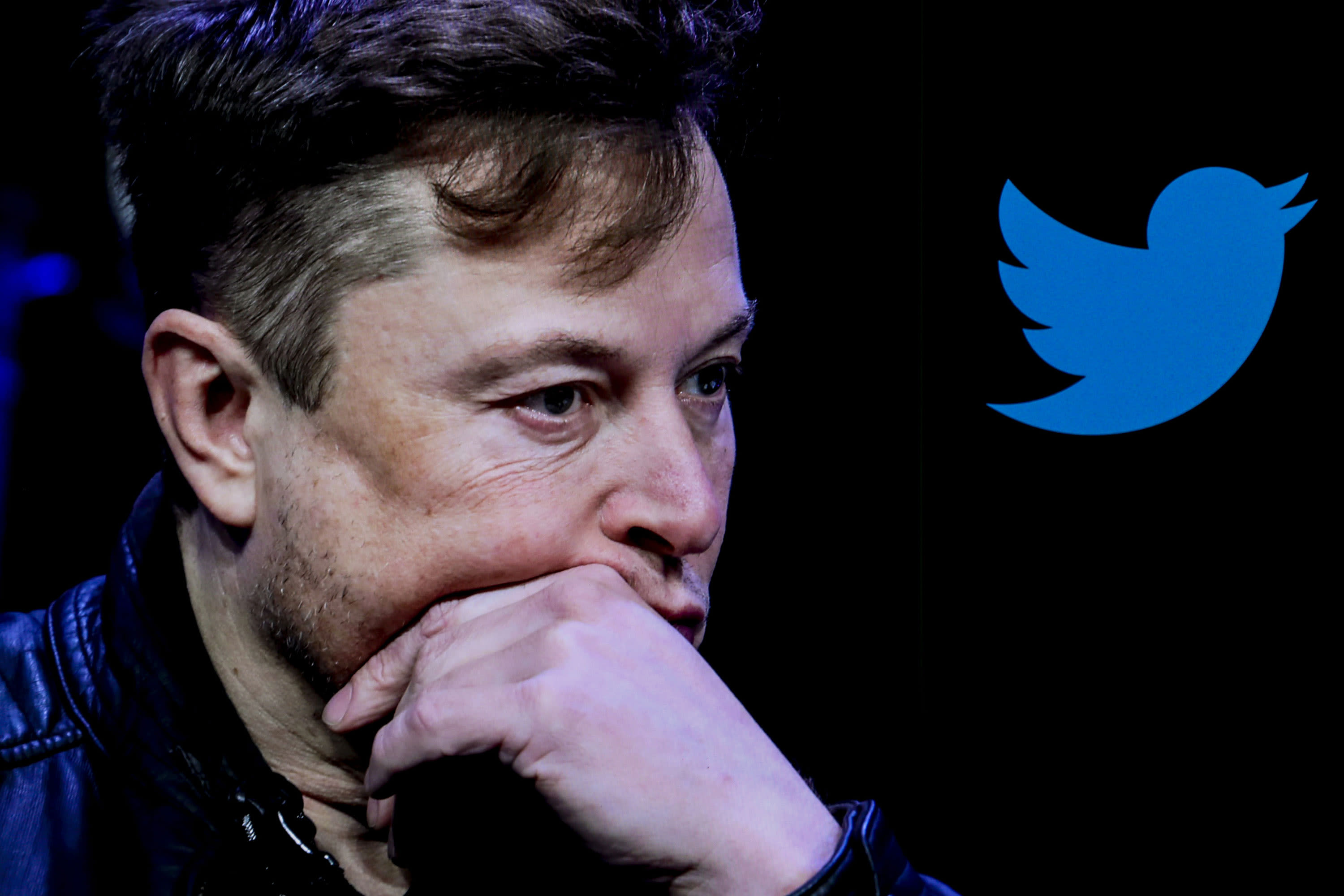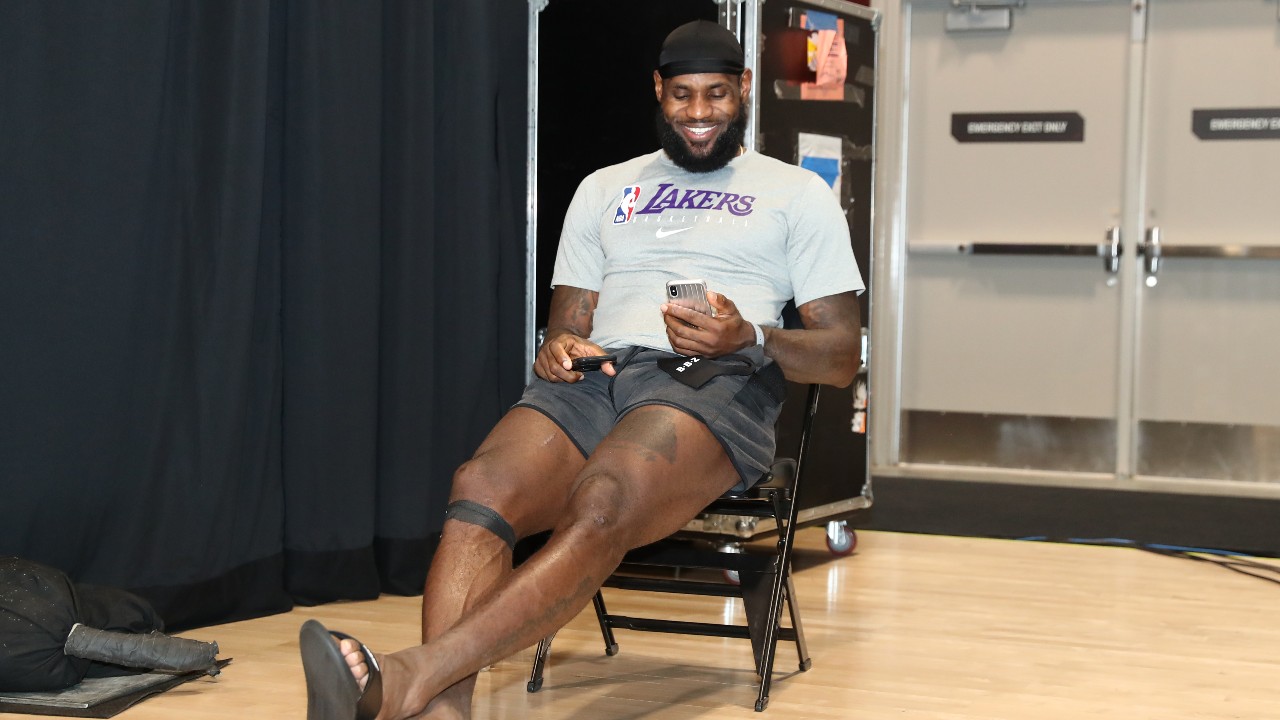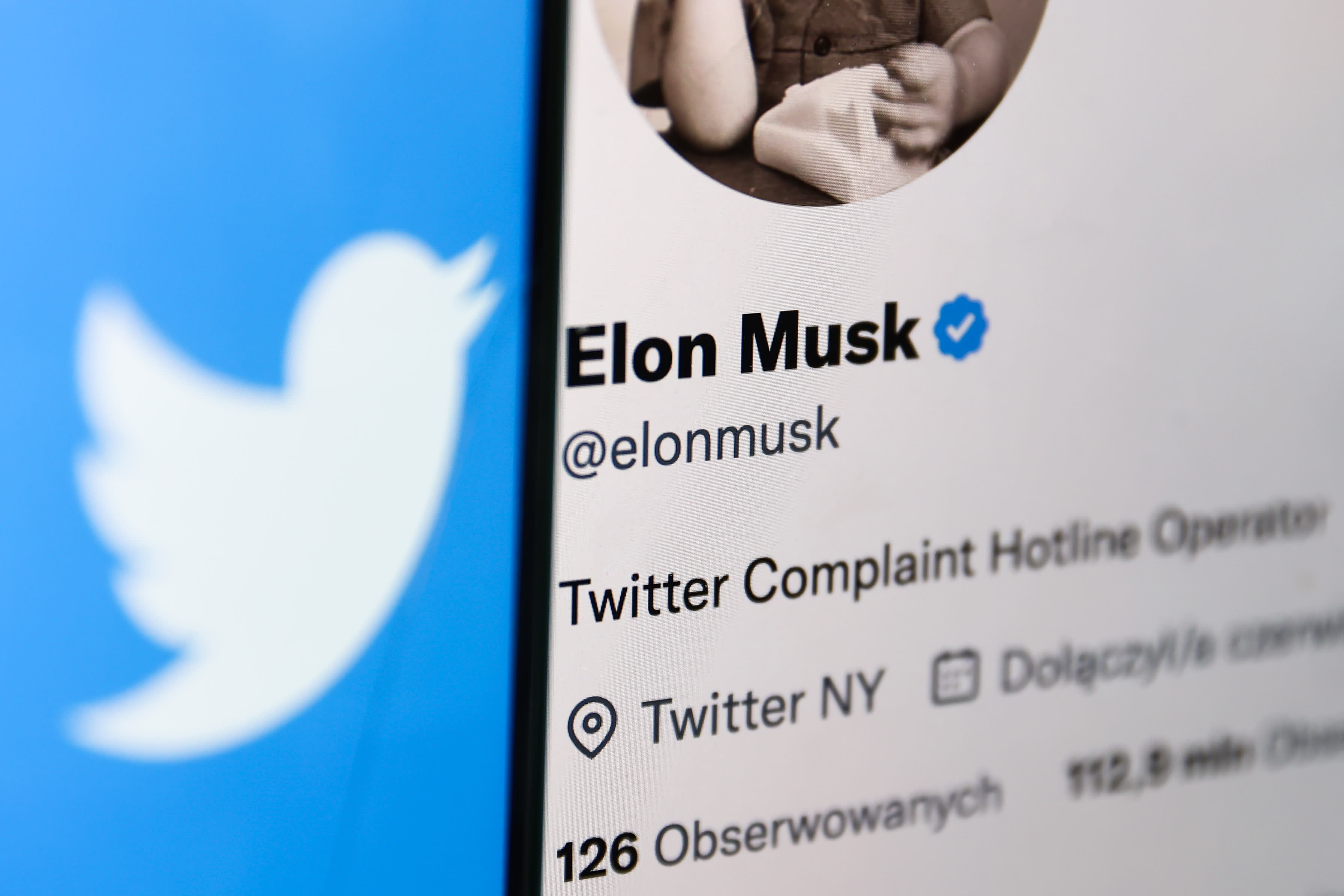The widespread confusion around Twitter's verification changes has reached the halls of the U.S. Senate.
A new account for Sen. Ed Markey, D-Mass., was created by someone who paid for a blue check mark — in a Washington Post reporter's experiment the senator gave permission for — and the fake account was mistakenly labeled as that of a "notable" person, rather than simply because it was paid for.
WATCH ANYTIME FOR FREE
Stream NBC10 Boston news for free, 24/7, wherever you are. |
Markey took to Twitter (from his real account) Friday to excoriate Twitter for the mistake, and the series of changes that have roiled the giant social media company in the two weeks since billionaire Elon Musk bought it.
Get updates on what's happening in Boston to your inbox. Sign up for our News Headlines newsletter.
Among the biggest changes Musk has implemented was changing the verification system, which has signified that a team at Twitter checked that the account belongs to the person they say they are. Musk allowed anyone to buy the blue check mark for $8 a month, in a bid to give non-famous people access to the cachet that comes with a the blue check, as well as to raise badly needed money for Twitter.
The change immediately prompted some users to buy check marks and pretend to be famous politicians, companies and athletes; Twitter reacted with various crackdowns, some since abandoned, to prevent parody accounts from sowing chaos, including letting Twitter users tap check marks to see if they were given because the person is paying for it or because they are "notable in government, news, entertainment, or another designated category."
That last part didn't appear to work in the reporter's experiment — Markey's two real accounts and the fake account, @realEdMarkey, all were labeled "notable" — though the fake account's label had changed by Friday morning.
"Last night, I was easily impersonated and the account was quickly verified. Safeguards like blue checks let users be smart, critical consumers of news and information in Twitter’s global town square. Truth can’t be put on sale for $8," Markey wrote.
After sharing screenshots of the badge, he added that Twitter should act responsibly to prevent the spread of misinformation: "The rapid platform changes and removal of these safeguards are dangerous and Twitter and its leadership have a responsibility to the public to ensure the platform doesn’t become a breeding ground for manipulation and deceit."
Markey also sent a letter to Musk with specific questions, including how its system allowed a "reporter to obtain verification of a fake account." The senator wrote, "Twitter must explain how this happened and how it will prevent it from happening again."
The reporter, Geoffrey Fowler, explained in an article Friday how he was able to impersonate Markey and a comedian by paying for verification.
"To create them, I only needed three things: a spare iPhone, a credit card and a little creativity," Fowler wrote.
Get updates on what's happening in Boston to your inbox. Sign up for our News Headlines newsletter.
He also noted the apparent bug in the blue check system: "On both of my test accounts, a pop-up said they were verified because they were notable people, not because I had paid for Twitter Blue."
Twitter hadn't provided a request for comment on the Post's article.
On Friday morning, Twitter's officials Support account announced that it restored a second kind of label it created, ca grey check and the word "official," as a way to "combat impersonation."




